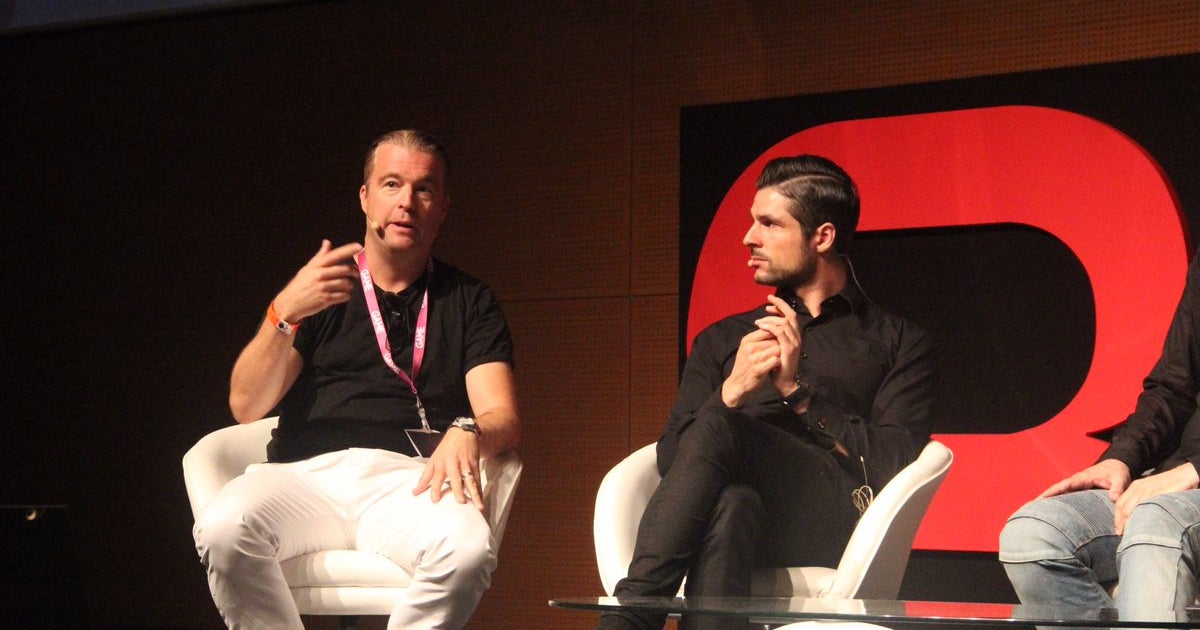It's really not. Crytek had sales expectations which were 4-5 times what Crysis 1 sold.
Crysis budget unveiled
Firstly, the assertion was that Crysis 1 outsold Crysis 2. Which is untrue. Also, you're misunderstanding the point. Crysis 1 was profitable, but it sold way less than contemporaries. It took three years to sell 3 million copies. When you're spending big money on games, you need to make a lot of profit otherwise a single flop can kill you. The basic problem is that game budgets were destined to increase rapidly. Dead Space followed a similar trajectory. Dead Space 2 needed to sell a lot more copies than Dead Space 1 because it cost a lot more to make, and it cost more to make because production values, content, scope, complexity etc were all increasingly rapidly. (This is why we got Dead Space 3. Because Dead Space wasn't financially viable in its current form. Some of Dead Space 3's changes were in response to customer feedback about how they weren't willing to buy Dead Space because it looked too scary and maybe they'd buy it if it had co-op to make the scary stuff more manageable. Interestingly, this is also why the nanosuit was changed in Crysis 2. Customer feedback for Crysis 1 was that the nanosuit was too confusing and complicated for many players.)
Why do you think the AAA PC exclusive basically disappeared? Because they were no longer financially viable due to a combination of massive budget increases vs a market that wasn't expanding fast enough, plus piracy, plus a bunch of other factors. Look at something like Far Cry. The only Far Cry game to sell more than a million copies on Steam was Far Cry 3, IIRC. Imagine if Far Cry 5 had been a PC exclusive. It sold really decently on PC, but selling under a million copies would have been an absolute disaster considering the game's budget.
There was no viable way to keep making games like Crysis as PC exclusives. The market for AAA PC exclusive games was not keeping pace with rising budgets. It's as simple as that. Crytek had no choice but to go multiplatform. That is the situation in a nutshell. Every other AAA developer faced the same choice and the ones that made the same call didn't go bankrupt. Steam didn't solve this problem. They significantly helped PC developers connect with the PC audience and made selling the games easy, thus curbing piracy, but they didn't solve the problem of skyrocketing budgets vs what people could reasonably expect to sell on Steam.
Again, sorry to be blunt but: Pirates don't give a crap about indie games.
Piracy is a huge issue for indies.
Discount culture. Are you listening to yourself?
Steam's business model eventually let to an aggressive devaluation of games. Digital distribution in general had this impact due to discounting that retail couldn't match, but Steam spearheaded it and created the current system where a lot of people will refuse to buy games full price because the perceived value of games has been significantly eroded due to frequent deep discounts. This is one of several reasons why Steam has become a troublesome storefront for indies. The perception of worth has been eroded. "I wouldn't pay more than 5 dollars for this," and stuff like that. When everyone is aggressively devaluing their games, including the major AAA publishers having 50% off sales mere weeks after release, it is extremely difficult for a lot of developers to sell their game at a reasonable price that will turn a profit.
Nintendo have actively resisted this culture by refusing to deeply discount their games and launching all their games at high prices. People are conditioned to pay the asking price instead of waiting for it to be 10 dollars because they know it will never be ten dollars. But this isn't possible on Steam because people will ignore you until you drop the price.
Just as I was writing this, this bit of satire popped up on Twitter.
I'm curious about Epic's seeming about-face on the subject of discounts. Epic make a lot of fancy promises about how they're going to "disrupt" the industry with their 12% cut, but exact specifics of how this is going to work long-term are concerning unclear at times.


 .
.


